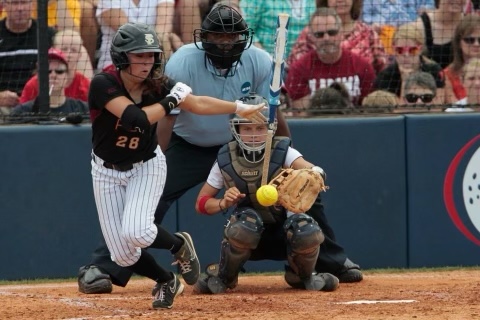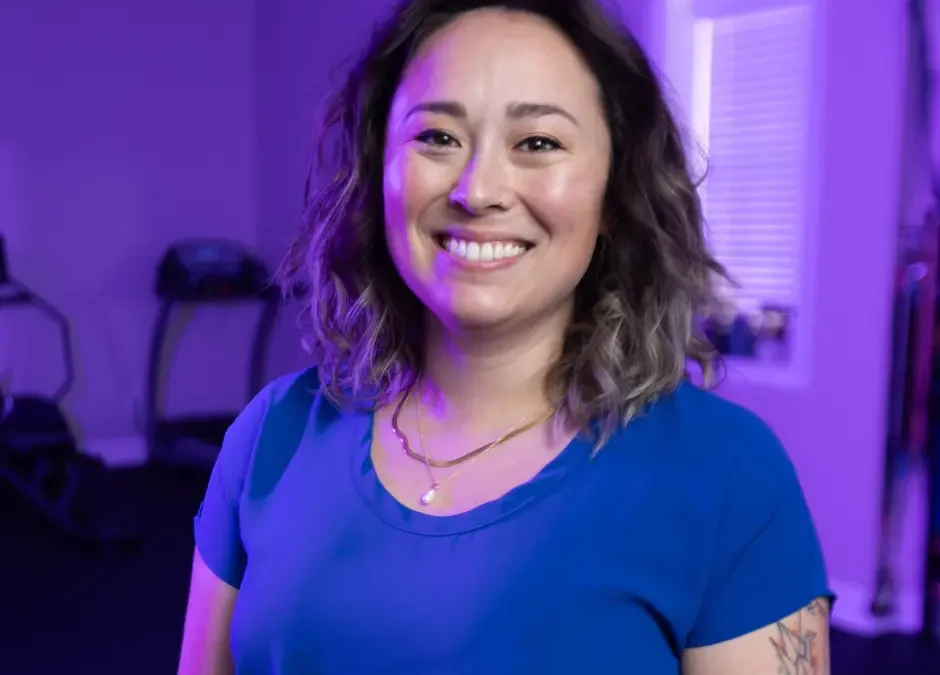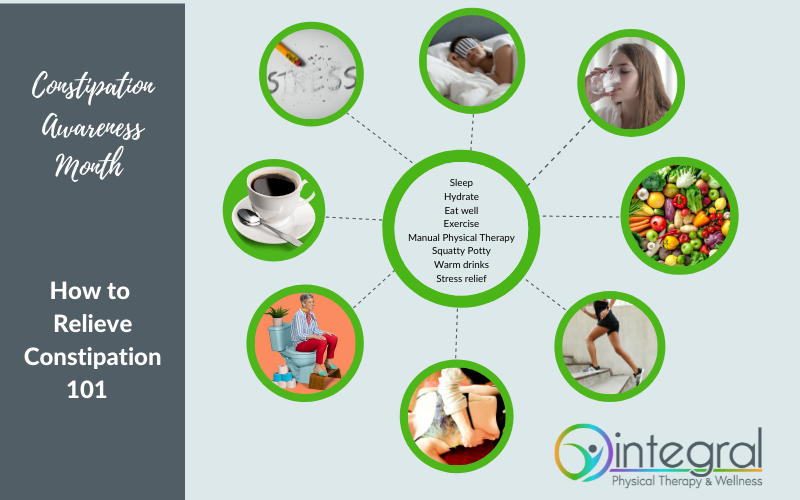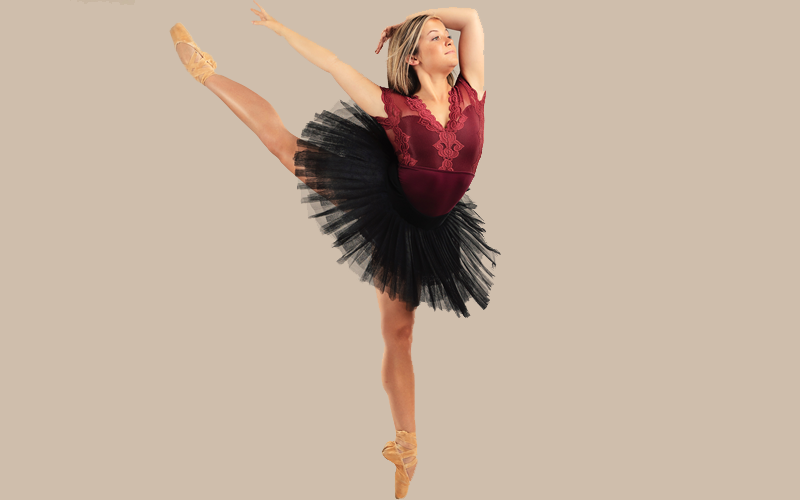Intro by Lisa Shaw, PT, DPT, PHC: A huge thank you to Dr. Erika for so vulnerably sharing her story and her journey to Division I sports. She humbly lays out the lessons she learned as a young athlete, the personal growth she experienced, and the obstacles in her way. We hope that her advice at the end brings more clarity to the support that young athletes need in order to be mentally and physically successful.
In light of recent events (see epilogue), we want to emphasize that if you or someone you know is struggling with suicidal thoughts, please contact the National Suicide Prevention Lifeline at 800-273-8255.
My Beginnings as a Young Athlete
I picked up a bat for the first time when I was very young on a t-ball field at Ocee Park. Five-year-old Erika was completely unaware that this bat was going to shape her entire future; she was only concerned about outrunning all of the boys and winning. Sports gave me a much-needed outlet for the insane amount of energy and competitive drive that I would later otherwise apply to every aspect of my life. As far as sports go, I tried several. Soccer had too much running (according to 4-year-old me), I couldn’t shoot a basketball to save my life, and my wrists hurt when I did gymnastics. Despite this, I found out I could throw pretty hard, and I was a fast sprinter. Thus began my softball career.
 From Young Athlete to Collegiate Softball Player … and Athletic Injuries
From Young Athlete to Collegiate Softball Player … and Athletic Injuries
I began playing travel softball at the ripe old age of 11 years (more on youth sport specialization later), and I was lucky enough to meet my best friends on this team that I played on for 6 more years. While my life revolved around softball due to multi-hour practices 3 days a week and tournaments at least twice a month, it never quite felt like work because I was always with my best friends. I was not one to voluntarily go to extra hitting practices, practice skills on my own at home, or actively seek extra work to make myself better. Natural athletic ability ran in my family, and I was graced with somewhat of a natural skillset. So, of course, I thought I was doing just fine. Above all, I was determined to maintain a social life outside of softball.
Once I turned 15, that was when I officially decided that I wanted to play in college. The next couple of years led to being recruited by mostly smaller universities, but I had my sights set on playing at Florida State University – my favorite college team. I knew that getting a scholarship to play softball in college would be a daunting task, as only about 2% of teenage athletes go on to play at the Division I level. But, I didn’t care. I didn’t care that the odds were resolutely against me, and I didn’t care that I didn’t put in the extra effort to get noticed like so many other girls. I wanted to prove to myself that I was good enough as is.
The recruiting process ushered in a season of injuries. I would give myself zingers (numbness, tingling, and pain that shoots down the arm) from throwing too hard too many times. I sprained my right ankle several times, resulting in the need to always wear intense ankle braces to protect my now fragile joints. Physical therapy was not even an option presented to me. My athletic performance was also affected by overall academic anxiety and a stressful home life but I pressed on and ignored the injuries. I could increasingly feel my body and mind revolting against me already at 17 years old until one weeknight everything changed. I got the call I had longed for; the Florida State head coach said they wanted me. That phone call made all of the pain disappear because I had done it. I didn’t care that I was a preferred walk-on and would not be getting a scholarship my first year. I had achieved the one goal I had set for myself, and I could *almost* officially call myself a Division I athlete. Life felt good, for a little while.
3 Factors That Significantly Affected My Athletic Career
The lowest and darkest point of my life was the period of time that I played softball in college. How could this be, you might ask, if this was my dream being realized? Well, the short answer is that there were several factors, all of which ultimately affected my athletic career to the point where I was forced to stop playing the sport I loved.
1. Politics of Division 1 Sports
Ultimately, sports are a business for the university you attend, including women’s sports. If you don’t win, you don’t get funding. I had an incredibly hard time understanding this because my whole life, softball had just been about fun. I didn’t understand why I was expected to go to the batting cages at certain times during the day so that my coaches could specifically see me hitting extra balls when I could just go after class instead. I didn’t understand the favoritism shown to certain players over myself. I didn’t realize that “paying my dues” as a rookie was in reality a form of abuse from my coach. I didn’t understand how so many of my teammates would rather hang out at the field than go home. As much as I loved my team and the game, I didn’t understand why I wasn’t having fun. I didn’t know how to not treat it as a job and be the student I wanted to be.
2. Rapid Change in Work
We did weight lifting twice a week, conditioning twice a week, and 3-hour practices Monday through Friday. I had actually NEVER participated in weight lifting except for the few sessions I did in high school that were required for the softball season. The rapid increase in muscle mass caused me to gain weight and go up a pants size, which worsened my already present body dysmorphia. While I was getting stronger, I wasn’t necessarily getting better at softball, so what was the point in getting strong if I wasn’t improving in my sport? I thought squats, deadlifts, power-cleans, and running drills were going to improve my performance. I was supposed to manage 6 AM training sessions, plus 3-hour practices, plus somehow maintain a good enough GPA to get into medical school? I was supposed to be a “student-athlete”, but I often felt like it was the other way around.
3. My Mental Health
My mental health was rapidly deteriorating each month I was in college. This was the first time I had been away from home for an extended period of time and I was incredibly homesick, even though the relationships with my divorced parents were strained. I was also having a challenging time dealing with a long-distance relationship, which was also changing for the worse. Overall, I felt like I had lost my identity. I no longer knew who I was, or what I wanted, or what I was even doing in college. I almost transferred several times, but my gut told me to stick it out. In October 2012, I was kicked in the head at practice and got my first concussion, which made my depression spiral further. 90% of my symptoms were emotional lability, which made it difficult to gauge when I could return to playing due to a lack of physical symptoms. I would cry at random and inappropriate times, and I wanted to yell at everyone for absolutely no reason. I had to lock myself in my room for hours at a time because I didn’t know how to handle this sudden onset of extreme emotion. I was alone with my thoughts, and this was a very dangerous place for me to be.
TLDR: Young athletes, make sure you have people in your corner. Sports have taught me some of the most important lessons of my life, and I encourage kids to pursue them. If you want to play at the highest level you can, get a team of people behind you (i.e. physical therapist, mental health therapist, supportive coaching, etc.) to keep your body and brain in check!
Saying ‘Goodbye’ to Softball, the Sport I Loved
Several things then happened all at once. My relationship dissolved which was a healthy change for me. I was very excited that my position changed to starting right field (although it seemed to be against the preference of the head coach). This lasted a short while, until I, after speaking with my assistant coach at the time, chose to disobey the head coach’s signals while at-bat. Unfortunately, I struck out and did not start a game again because of this decision. My team ended up making it to super regionals that year, which was a school best at the time. We were underdogs the whole way through, with little support from our coaches, but our team bond was unstoppable. The joy I felt this season, even when I wasn’t playing, was what I missed about the game and made me want to continue playing. However, I had already told my head coach (in the middle of my depressive episode) that I was going to leave the team after this season. When I let the coach know I wanted to stay as a result of this season, he told me that it was best if I stopped playing. I then said a bitter goodbye to the biggest part of my life.
Advice For the Young Athlete: Build a Solid Support System (Including a Sports Physical Therapist)
It took me 10 years to miss the game I loved for more than half of my life, but it also took me 10 years to understand my role in my own downfall. I wish I had spoken up about my struggles with mental health, and I wish that I had sought treatment for my shoulder and ankles, as I’m dealing with the repercussions of those injuries now. I wish that someone was completely honest with me about the REAL experience of being a college athlete. I wish that the joy of the game had been compatible with the demands of college sports. I wish that I had better understood the necessity of extra reps and practices. I wish that my coaching staff had been more supportive. If I had a physical therapist and mental health therapist treating me on a regular basis, I could have stayed in the game and performed better than ever.
As the adage goes, hindsight is 20/20. All of the issues I faced have glaringly obvious answers now that I’m a physical therapist and see many of these issues in my own patients. Despite my difficulties playing collegiate softball, I’m proud of myself for making it to that level. I’m even more proud that I stood up for myself and left the game behind. It was the most challenging thing I’ve ever done, and I don’t regret a moment of it, good or bad, because these “failures” helped to get me to where I am today. Softball made me, shaped me, and pushed me to be me, and I’ll treasure that always.
5 Things I Wish I Knew As a Young Athlete
It has taken me 10 years to finally miss softball. And, at nearly 30 years old, I wish I had known the following things to ensure that I got the most out of the short athletic years of my life:
1. Mental health is just as important (if not sometimes MORE important) as physical health. If your brain is not well, your body will not perform well. If you are struggling with anxiety, depression, ADHD, or any other mental health condition, reach out to someone and find help.
2. Good body mechanics and technique > strength. Just because you’re strong doesn’t mean that you will be able to fight through injuries. Learning how to throw correctly could have saved my shoulder pain. Learning how to sprint more efficiently would have made me faster and helped to keep me in the game longer.
3. Strength training should be SPECIFIC to the player, not a generalized prescription! Yes, squats, power cleans, and deadlifts made me stronger, but it did not translate into my game performance. Train for your sport and position!
4. If playing in college, especially at the Division I level, is your dream, know what it takes to get there and to stay there.
5. Play the game because it makes you happy, not because you feel like you have to.
Epilogue: It was recently reported that Katie Meyer, senior goal keeper at Stanford University, died by suicide on March 1, 2022. She was a key player in the national championship team in 2019 and was seen by all as a wonderful, smart, loving person who appeared happy. The stress on a student athlete can often be overwhelming. I vividly remember it. We get really good at hiding the depression and anxiety, because it’s “for the good of the team” or “it isn’t really a big deal”. I can’t emphasize enough how important it is to seek help if you or someone you know is struggling with their mental health. Nothing is worth more than your life, including sports. It’s okay to not be okay, and it’s okay to ask for help. Check in with yourself and your friends often. Encourage each other to reach out to someone. Play the game because it adds to your life and brings you joy. And always remember, it’s okay to walk away. You are more than just an athlete, and you matter more than your athletic career.





